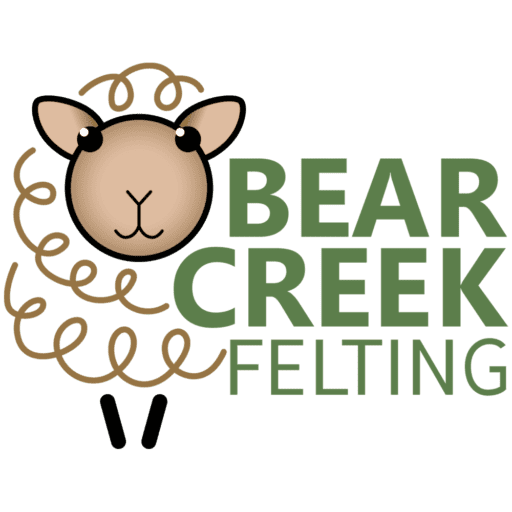 Yarn-making and spinning is an age-old craft that is still widely practiced all around the world. At the Dakota Fiber Mill, soon to be relocated to Nome Schoolhouse in Kindred, North Dakota, we have our own way of doing things.
Yarn-making and spinning is an age-old craft that is still widely practiced all around the world. At the Dakota Fiber Mill, soon to be relocated to Nome Schoolhouse in Kindred, North Dakota, we have our own way of doing things.
As the only full-service fiber mill in North Dakota since 2010, we pride ourselves on providing high-quality products. Our Fiber Mill started with Founder, Chris Armbrust, who started out with four alpacas and a spinning wheel. She loved hand-spinning but soon found out that while it is fun and full-filling, it can be pretty time-consuming.
She sent her wool out to a fiber mill, but this would take up to eight (8) months to be returned as this was the industry standard. As she realized the demand for these services and the shortage of mills, she looked into opening her own mill. She found equipment in the US and the UK, and since then she has never looked back. Chris and I have since joined forces to create Shepherd Industries, LLC, which continues to grow and expand.
The Dakota Fiber Mill spins yarn and roving from sheep, alpaca, goat, camel, Bison, etc…pretty much any type of natural fibers we get from clients here in the United States. Our clients send us their raw materials and we get rid of any unwanted sediments that they wouldn’t want in their finished products, which are also usually not good for the machines. After that, the fibers are put in mesh bags and washed using a non-toxic detergent called Eccoscour that is tough enough to get rid of the grease and dirt, but gentle enough for even the softest cria fleece. After washing, the fleece is spun in the washing machine and then laid on a dry rack to air dry.
The first machine our dried fibers go into is a picker. What this machine does is open up the fibers and prepare them for carding. By the time it passes through the picker it looks light and fluffy like cotton candy. These pieces are then fed into our carding machines, which straighten and separate the wool fibers for further processing. This machine is the center of any mill. Carding is a very important step which has been made easy with such machines. In the past, this process was done by hand. So, it’s great to be able to do this on a large scale in a shorter time. At this point, we can get pretty creative and mix our fibers based on what they will be used for. So, we could mix alpaca with Romney wool, or Angora rabbit with wool, or even add in silk fibers.
Whether you are hand-spinning or not, the fibers produced at this stage are used to spin the yarn or to wet felt or needle felt. If we’re going to turn the fibers into yarn, we go to another stage called pin drafting. From there we go to the spinner where we can set this machine according to how thick or fine the yarn would be and the number of plies. The finished yarn is then coned or skeined, based on whatever the customer wants it for.
We also produce our own yarn, called Dakota Spun. Our yarns are made of alpaca or sheep wool and are sometimes blended with other types of fibers (local bison, rabbit, silk, nylon, etc) and hand-dyed with non-toxic dyes. What many people don’t know is that every fiber, like children or pets, have their own personality. So, for example, each Romney fleece won’t behave the same as the last on the machines. Spinning fiber into premium quality yarn takes great care, patience, and a lot of getting used to. But, it’s a very intricate yet beautiful process that we completely enjoy.
Partnering with a few NDSU senior students back in 2017, we welcomed our very own felting machine. That engineering process, which took a year, was very unique and fun to be a part of. Using our carded wool, we make a wide range of felted products with our USA-made felting machine. This includes our felting pillows, cat toys, insoles, and so on.
Every single fiber is put to good use at our mill. Many fiber mills discard their scrap pieces but we make use of them by felting them into a variety of items. Alpaca seconds are used to make our insoles, which makes the color pattern for each pair very unique. We also use our leftover alpaca and sheep wool cutouts as fertilizer. They are 100% natural soil enhancers and can be used for planting everything, from houseplants to trees.
At Dakota Fiber Mill, we encourage eco-friendly practices and use our very own farm-raised sheep and alpacas to produce yarn and beautiful felted products. Feel free to check out our range of products.
If you want to engage our services, take a tour of our mill, or a consultation on how to establish your own fiber mill, connect with us. We look forward to sharing our love of the fiber arts as well as many other arts with everyone who visits our future facility at the Nome Schoolhouse.





